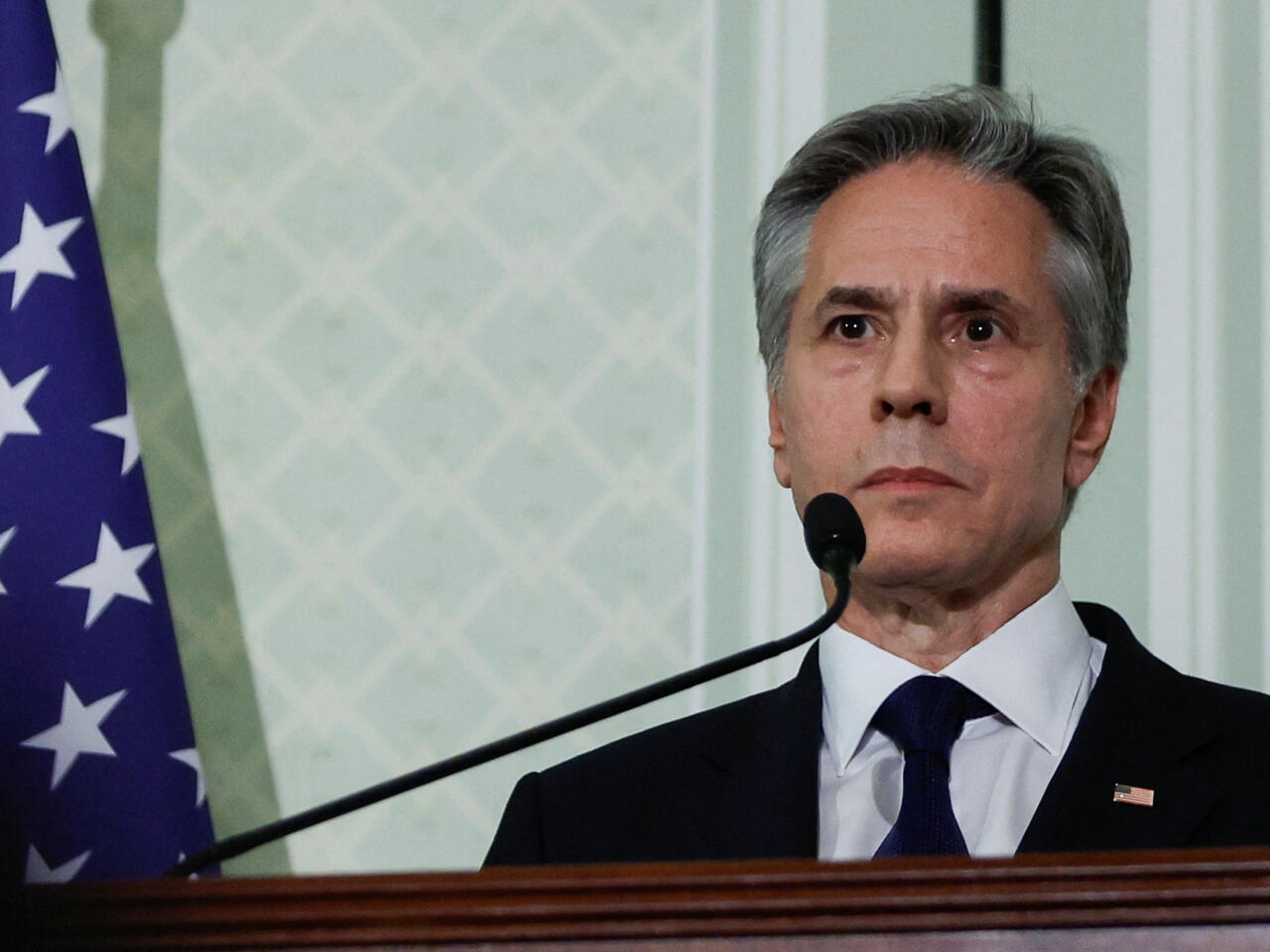Antony Blinken, the US Secretary of State, embarked on his eighth diplomatic tour of the Middle East in eight months, facing a landscape more fraught than ever. The Hamas attacks on Israel on October 7th last year have led to a protracted and complex conflict in Gaza, with the US striving to mediate a ceasefire and facilitate the exchange of Israeli hostages for Palestinian prisoners.
A significant setback occurred with the resignation of Israeli opposition leader Benny Gantz from Prime Minister Benjamin Netanyahu’s war cabinet. Gantz, along with his ally Gadi Eisenkot, both retired generals and former chiefs of staff of the Israel Defense Forces (IDF), have left the government, demanding new elections. Gantz is now a leading contender for the next prime minister, a development that complicates Blinken’s mission.
The departure of Gantz has deprived the US of a crucial interlocutor within the Israeli cabinet. Netanyahu, who maintains a fragile majority with the support of ultranationalist factions, faces pressure from Itamar Ben-Gvir, the national security minister, and Bezalel Smotrich, the finance minister. Both are vehemently opposed to any ceasefire until Hamas is completely eradicated, presenting a significant challenge to Blinken’s efforts to negotiate an end to the conflict.
President Joe Biden has signaled a shift in US policy, advocating for a new deal to end the war in Gaza. This proposal, which has been endorsed by a UN resolution, includes a six-week ceasefire, a surge in humanitarian aid, and the exchange of hostages. The plan envisions a permanent cessation of hostilities and the rebuilding of Gaza. However, both Hamas and the hardline factions in Netanyahu’s government remain obstacles to its implementation.
Hamas demands an Israeli withdrawal from Gaza and an end to the war as preconditions for a ceasefire. Recent Israeli military operations, including a raid in the Nuseirat refugee camp that resulted in significant Palestinian casualties, have only hardened Hamas’s stance. The humanitarian toll, with Gaza’s health ministry reporting over 37,000 Palestinian deaths, has intensified international scrutiny and legal challenges against Israel.
Netanyahu’s political standing is increasingly precarious without the moderating influence of Gantz and Eisenkot. The ultranationalists, Ben-Gvir and Smotrich, threaten to dismantle his coalition if he agrees to Biden’s proposed deal. This internal political strife complicates Blinken’s diplomatic efforts, with Netanyahu facing potential elections and inquiries into his leadership and the failures that led to the October 7th attacks.
As Blinken navigates these challenges, the path to a ceasefire and a lasting resolution in Gaza remains uncertain. Netanyahu’s upcoming address to a joint session of the US Congress on July 24th may offer further insights into Israel’s stance and the prospects for peace in the region.
